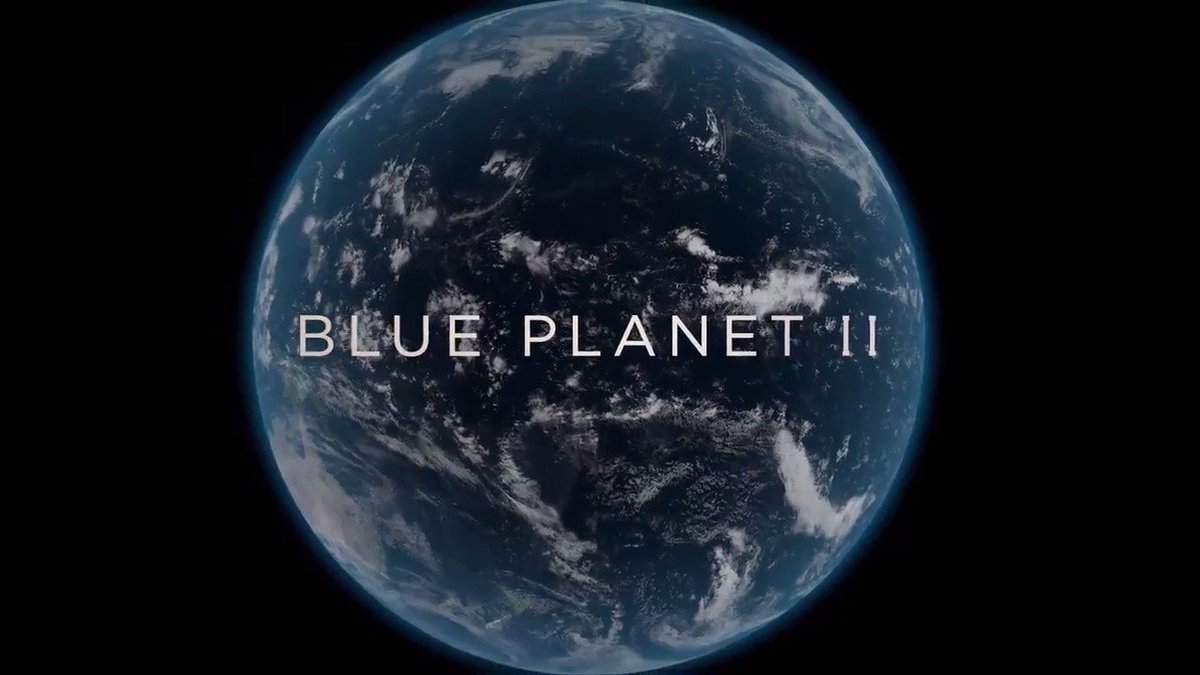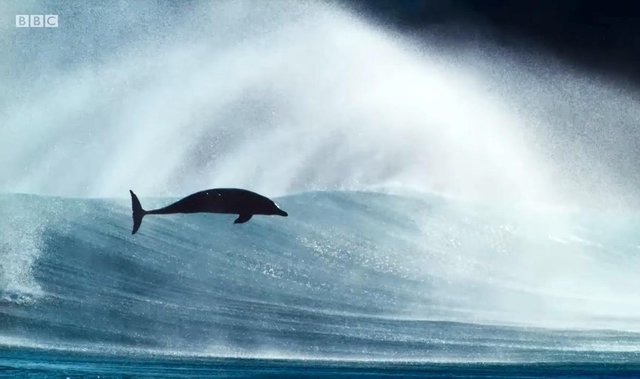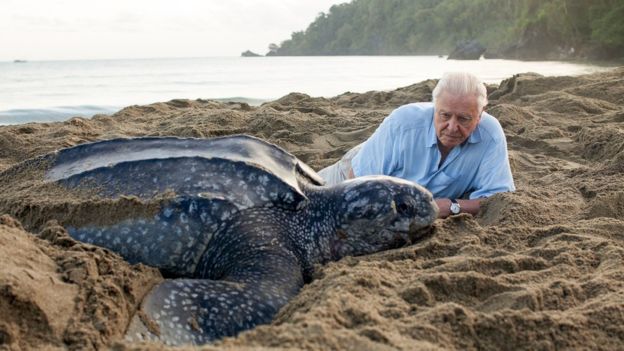Blue Planet II is over... What do we do now?
The last episode of Blue Planet II aired on Sunday 10/12/2017 and as most of you have seen the last episode was a bit different. Instead of solely looking at the animals in their habitat, it looked at how our modern lives are impacting theirs.

In true Blue Planet fashion, they showed dramatic footage of how coral reefs have changed in a matter of weeks, the amount of plastic albatrosses are unwittingly consuming on a regular basis and how dolphins are potentially exposing their calves to toxic milk among other issues.

Although these issues were quite upsetting there was some real positives to come out of the episode. In particular a Caribbean community protecting the leatherback turtles whose numbers had dropped by 90%. This whole movement was started by one person, who would patrol the beaches at night to prevent turtle poaching and then started to help the turtles with their breeding process making sure eggs were correctly protected from the elements and then making sure the hatchlings could make it to the sea. Their nesting site is now one of the densest leatherback nesting beaches in the world. This story demonstrated that one person can make a difference.

After the episode I asked myself, what can I do better to help?
I am by no means an eco-warrior. I recycle as much as I can but that’s about it. I am not vegan (animal agriculture being one of the leading contributing the greenhouse emissions). However, I do feel I can do much better.
I think one of the major ways I can help is the amount of plastic that I buy. Lots of food comes in plastic packaging many of which cannot be recycled. Whilst watching some videos on YouTube I came across this:
Trash is for Tossers’, Lauren Singer, shows the waste of her Zero Waste lifestyle. I was pretty shocked on how much waste she had accumulated in 4 years – enough to fill a small mason jar. She comments that it is not an overnight process and it does take time and some effort. Now from my understanding she recycles and composts what she can - so this is the waste that she is unable to recycle. But this is still impressive.
I feel if we can try and change our shopping habits, trying to buy loose fruit and veg, meat from the butchers (as it tends not to come in much packaging) or simply buying a different brand because it’s packaging can be recycled will go a long way.
To echo what Lauren is saying, I don’t expect to make these changes over night but I am definitely going to be more conscious when I go to the shops. And these little things add up. Think about your weekly shop and pick something that is a stable. For example, let’s go for chicken breasts that tend to come in a plastic container. If I bought chicken breasts every week that would amount to 52 plastic containers in a year. Me going to the butchers to buy my chicken would instantly eradicate those 52 plastic containers.
Now let’s say the whole population of the UK did this (65.64 million in 2016) that is 3,413,280,000 plastic containers. 3.413 billion plastic containers. Plastic containers that may or may not be recyclable dependent on where you live. And that’s just for one item of food. Once a week. Imagine how much we actually buy and throw away.
So, I don’t expect people to completely change their lives around and only produce a mason jar’s worth of waste in 4 years, but I think we can all do more (myself included). And let’s be honest it’s not that hard to do.
I sadly haven't it yet. I've just been so busy. Ill binge it soon :)
It's an awesome series, the last episode is definitely the most eye opening!